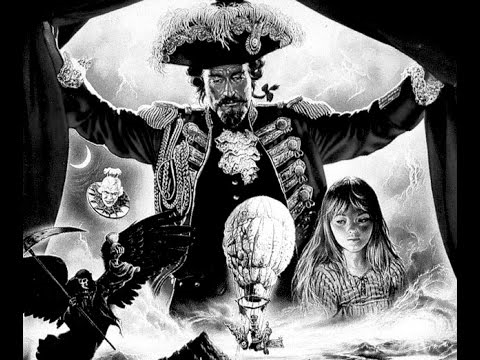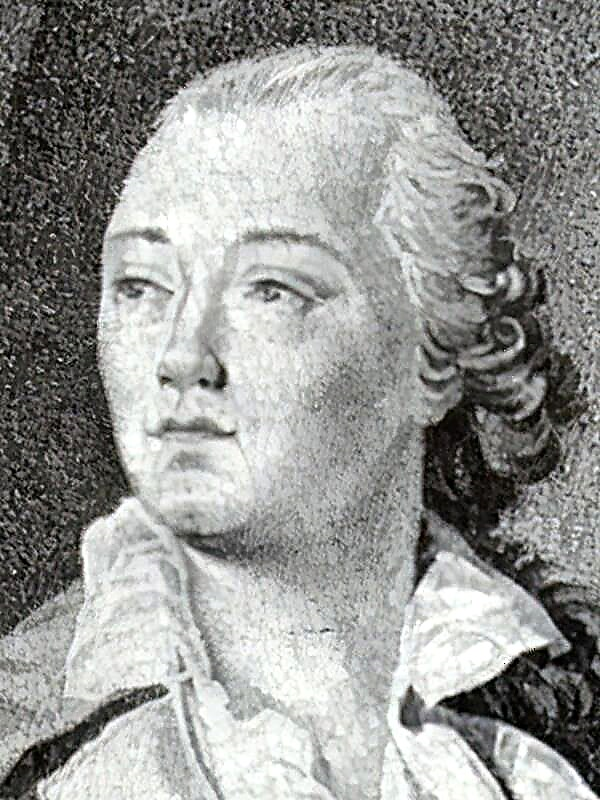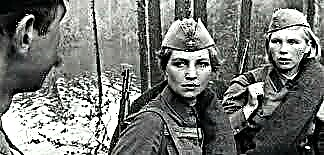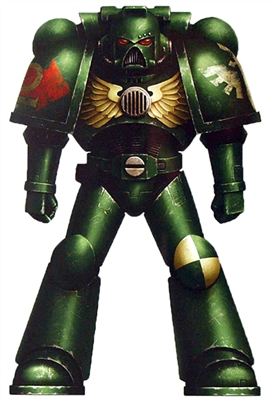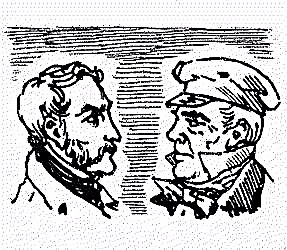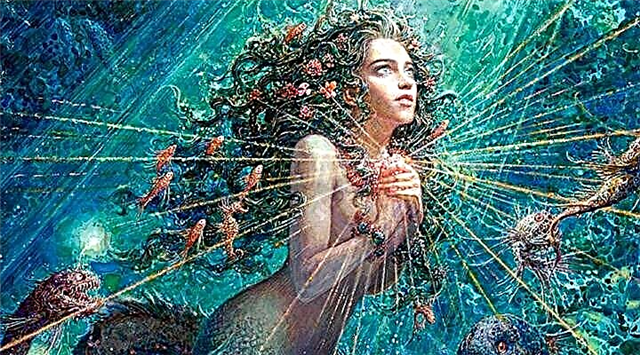Stephen Daedalus recalls how in childhood his father told him a fairy tale about the boy Boo Boo and the cow Moo Moo, how Mom played him a sailor dance on the piano, and he danced. At school in the preparatory class, Stephen is one of the best students. The children are surprised by his strange name, a third-grader Wells often teases him, and once even pushes him in a restroom point because Stephen did not want to exchange his little snuff-box for his dice, which he won forty times in grandmas. Stephen counts the days before the Christmas break when he goes home. He recalls how his family argued about Parnell - dad and Mr. Casey considered him a hero, Dentie condemned, and his mother and uncle Charles were not on either side. This was called politics. Stephen does not quite understand what politics is and does not know where the universe ends, so he feels small and weak. The Klongows Jesuit College, where Stephen is studying, is a privileged institution, and it seems to Stephen that almost all boys have fathers as justices of the peace. Stephen fell ill and was put in the infirmary. He imagines how he will die and how they will bury him, and Wells will regret having pushed him into the point of the restroom. Then Stephen imagines how Parnell's body was brought from England to Dublin. During the Christmas holidays, Stephen arrives home and sits for the first time during a Christmas dinner at the same table with adults, while his younger brothers and sisters are in the nursery. At the table, adults are arguing about religion and about Parnell. Mr. Casey tells how he spat right in the eye of an old woman who dared to call Parnell's lover a rude word. Danty considers Parnell an apostate and adulterer and ardently defends the official church. “God, morality and religion above all else!” She shouts to Mr. Casey. “If so, do not have the Ireland of God!” - exclaims Mr. Casey.
Several boys fled from college, but were caught. Pupils discuss the news. Nobody knows for sure why they ran away; there are a lot of rumors about it. Stephen is trying to imagine what the boys did to make them run away. He broke his glasses and cannot write, for this the inspector called him a lazy little loafer and painfully slapped his fingers with a ruler. The comrades persuade him to complain to the rector. The rector convinces Stephen that a misunderstanding has occurred, and promises to speak with the inspector.
Stephen understands that his father is in trouble. He is being taken from Klongous. The family moves from Blackrock to Dublin. In Haroldkross arrange a children's evening. After the evening, Stephen goes to the ridge along with a girl he likes and dreams of touching her, but hesitates. The next day, he writes poetry and devotes them to her. One day, his father reports that he saw the rector of Klongowsky College, and he promised to get Stephen to the Jesuit College Belvedere, Stephen recalls the school play in Belvedere on Spirits of the Day. It was two years after a children's evening at Harold Cross. He imagined all day how he would meet that girl again. Stephen's friends play a trick on him, but they fail to unbalance him. Stephen does not trust frenzied feelings, they seem unnatural to him. He only feels happy when he is left alone or among his ghostly friends. After the performance, Stephen sees his family, but does not meet the girl he likes, whom he hoped to see. He runs headlong into the mountains. Wounded pride, trampled hope and deceived desire envelop him with his dope, but gradually he calms down and goes back. Stephen goes with his father to Cork, where his father’s youth passed. Father is ruined, his property will be auctioned, Stephen sees this as a rude encroachment of the world on his dreams. Stephen feels almost older than his father: he does not feel in himself the joys of friendly communication, nor the strength of health, nor the beating of life that once father and his friends felt so completely. His childhood was over, and he lost the ability to enjoy simple human joys.
Stephen is a scholarship holder and first student at the Belvedere. Having received a scholarship and a bonus for writing work, he leads the whole family to lunch at a restaurant, then spends money without an account for entertainment and pleasure, but the money runs out quickly, and the family returns to normal life. Stephen is sixteen years old. Carnal desires completely subdue Stephen's imagination. He longs for intimacy with a woman. One day he accidentally wanders into a quarter where there are many brothels, and spends the night with a prostitute. The piety left Stephen: his sin is so great that he cannot be atoned for by the hypocritical worship of the All-Seeing and All-Knowing. Stephen becomes the head of the brotherhood of the Blessed Virgin Mary in college: "Sin, having turned away from him the face of the Lord, involuntarily brought him closer to the intercessor of all sinners." If at times he was overcome by a desire to rise from his place of honor, repent before everyone and leave the church, then one look at the faces around him was enough to suppress this impulse. The rector announces that spiritual exercises will commence soon in memory of St. Francis Xavier, the patron of the college, which will last three days, after which all college students will go to confession. Listening to the sermons, Stephen feels his viciousness more and more, is more ashamed of his depravity. He repents in his soul and longs to atone for his shameful past. He must confess his sins, but he does not dare to do so in the school church. He is ashamed to tell his confessor about his sins. In a dream, he is tormented by nightmares, haunted by hellish visions. Stephen goes to roam the dark streets, at some point he asks where the nearest church is, and hurries there. He prays, confesses to the old priest and makes a vow to forever renounce the sin of fornication. Stephen leaves the church, feeling “invisible grace envelops and fills his whole body with lightness.” He begins a new life.
Stephen’s daily life consists of various deeds of piety. He seeks, through incessant self-torture, to atone for the sinful past. The rector calls him to him and asks if Stephen feels a true calling in himself. He offers him to join the order. This is a great honor, few are honored with it. He must think. Saying goodbye to the rector, Stephen notices a bleak reflection of a dying day on his face and slowly withdraws his "hand that has just timidly recognized their spiritual union." Sullen pictures of college life rise in his memory. A gray, measured life awaits him in the order. He decides to refuse. His destiny is to avoid all kinds of social and religious ties.
Stephen looks at the sea, at the girl standing in front of him in a stream, and a sense of earthly joy overwhelms him.
Stephen is a university student. His family lives in poverty, his father drinks. Stephen reads Aristotle, Thomas Aquinas, as well as Newman, Ibsen, Guido Cavalcanti, Elizabethans. He often skips classes, roams the streets, verses form in his head by themselves. His thoughts pass from yellowing ivy to yellow ivory, to Latin grammar, where he first met the word ebur (ivory), to Roman history ... "He was bitterly aware that he would forever remain only a timid guest at a world culture festival" . Late for classes, Stephen in the audience talks with a priest, lighting a fireplace. Stephen suddenly acutely feels that the English language, native to the priest, for him, Stephen, is just acquired, close and alien at once. The university collects signatures under the call of Nicholas II to establish "eternal peace." Stevens refuses to sign. His friends Cranly and Davein sign the document, condemning Stephen for being on the sidelines. Stephen wants to avoid networks of nationality, religion, language. He reflects on compassion, on fear. He is trying to explain to his comrades his views on art. In his opinion, "art is a person’s ability to rational or sensory perception of an object with an aesthetic purpose." Stephen talks about the emergence of an aesthetic image in the imagination of the artist. The term Luigi Galvani is close to him - a bewitching heart. At night half asleep, Stephen writes love poems, writes them down so as not to forget. The girl he likes is a member of the Gaelic League, advocating the revival of the Irish language. Seeing her flirting with the priest, Stephen stops attending league classes. But now it seems to him that he is unfair to her. Ten years ago, he had already dedicated poetry to her after riding a horse together. Now he is thinking about her again, but he does not send these new verses to her either. Stephen recalls the scandal that erupted at the premiere of Yeats' play Countess Kathleen, the angry cries of Irish nationalists who accused the author of distorting the national character. Stephen is finally moving away from religion, but Cranley notices that, despite this, he is thoroughly saturated with religion. Stephen does not want to receive communion on Easter and because of this quarrels with his pious mother. Cranly persuades him not to give his mother unnecessary disappointments and do what she wants, but Stephen does not agree. Stephen wants to leave. "Where?" Cranley asks. “Where you can,” says Stephen. He will not serve what he no longer believes in, even if it is his family, homeland or church. He will try to express himself in this or that form of life or art as fully and freely as he can, defending himself with only those weapons that he considers possible for himself - silence, exile and cunning. He is not afraid to be left alone or to be rejected for the sake of someone else. And he is not afraid to make a mistake, even a great mistake.
By chance, in the crowd, Stephen meets a girl he likes. She asks if Stephen writes poetry. "About whom?" - asks Stephen. The girl is embarrassed, Stephen becomes sorry for her, and he feels like a scoundrel. Therefore, it quickly transfers the conversation to another topic and talks about its plans. They say goodbye. A few days later, Stephen leaves.

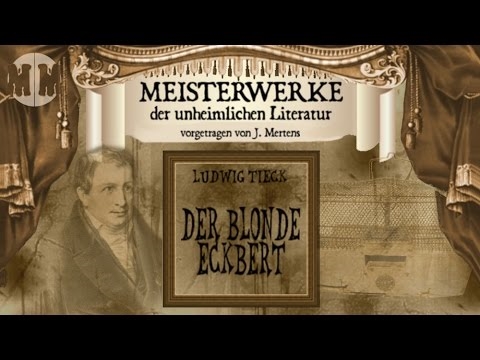
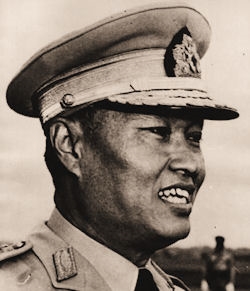
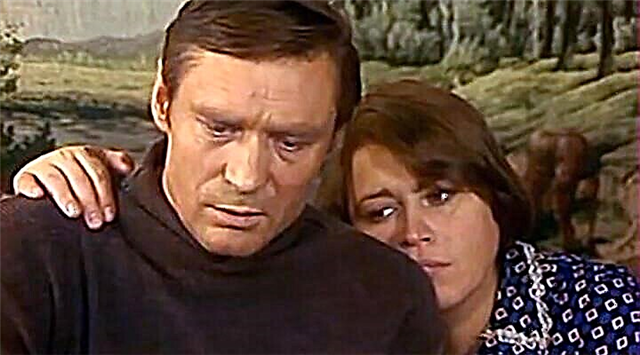

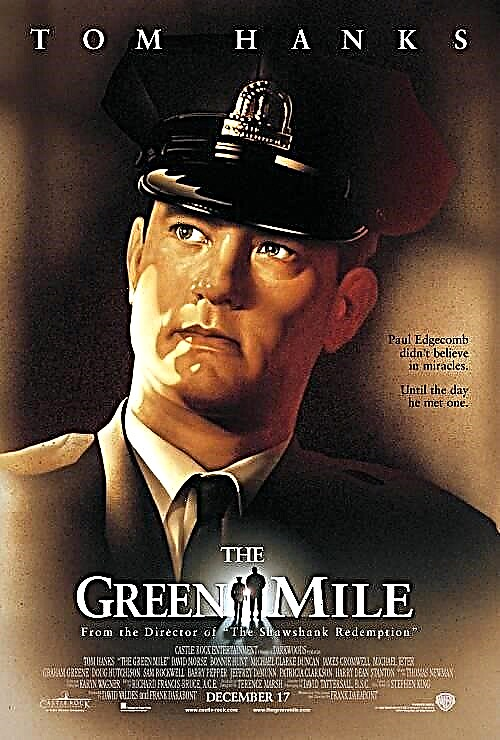
 Million Consulting
Million Consulting